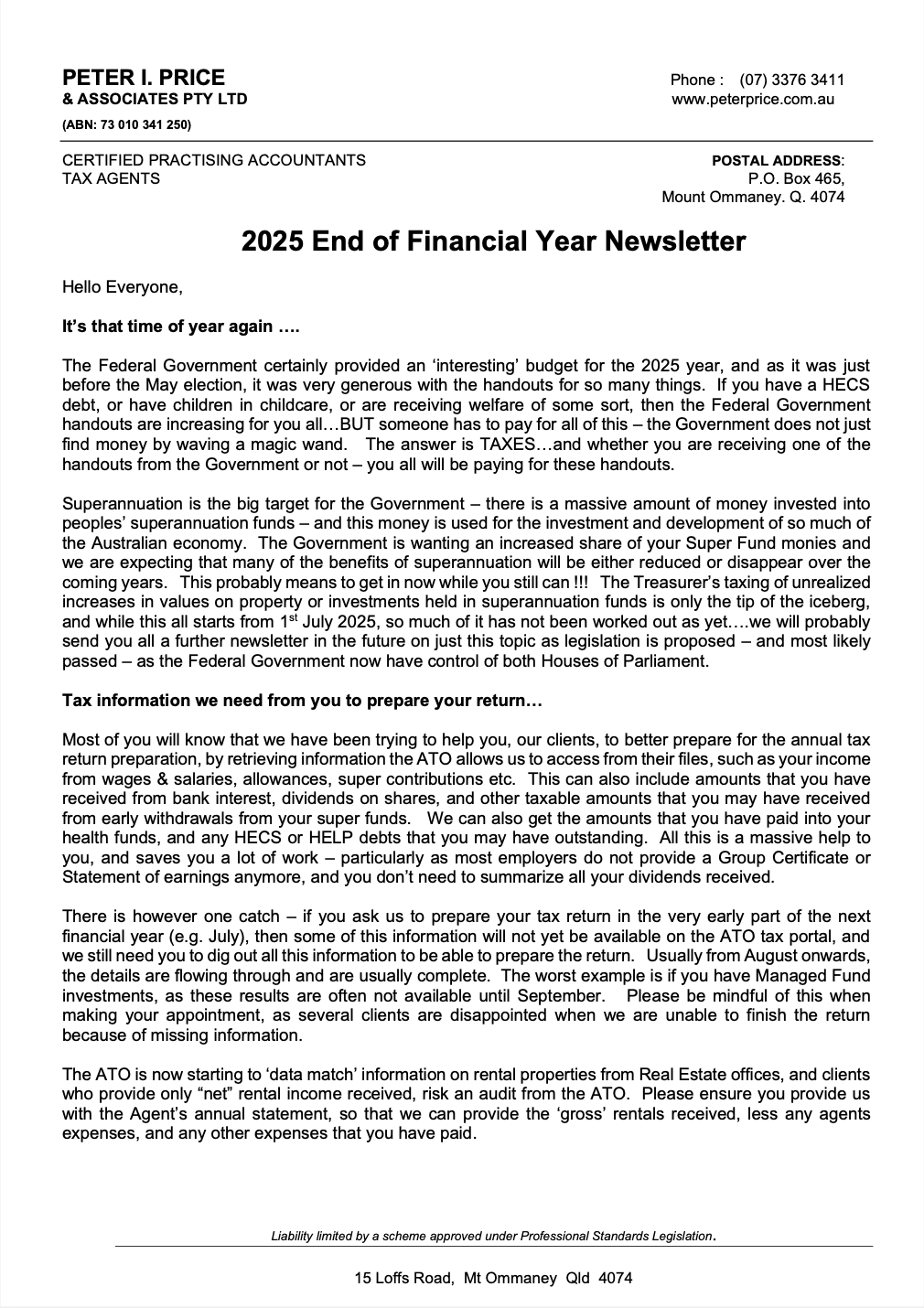Why employee v contractor comes down to fine print

.
The classification of an individual as an employee or contractor for PAYG and superannuation obligations has been a long-running point of contention.
With the High Court decisions of Jamsek and Personnel Contracting changing the determination process, together with the recent case of JMC Pty Ltd v Commissioner of Taxation potentially expanding the role of the contractor, the question before us now is: where are we with the Commissioner’s response?
Background
In 2022, Jamsek and Personal Contracting determined that the terms and conditions of a written contract between parties were what was relevant when deciding whether an individual providing services is characterised as an employee or a contractor.
As a result, a written agreement between parties contains the determining factors in the employee v contractor issue (control, risk, integration of the individual into the principal’s business).
Provided the agreement is not a sham or has not been varied, it is not necessary for further facts and/or evidence to be gathered or considered by the parties in determining the outcome.
JMC Pty Ltd v Commissioner of Taxation [2023]
JMC was a superannuation case concerning whether sections 12(1) and 12(3) of the Superannuation Guarantee Administration Act 1992 applied to a contract primarily for labour.
The decision is important because including a term that allows for delegating or transferring someone's services in the written agreement will likely lead to them being characterised as a contractor instead of an employee.
The Full Federal Court clearly stated (paragraph 89):
“The right bestowed upon Mr Harrison to subcontract or assign the performance of his teaching services, subject to written consent, was a real and substantial right which was inconsistent with an employment relationship between him and JMC.”
This decision expands the potential for individuals to be engaged as contractors where their agreements have such a delegation authority, regardless of whether the principal approves the delegation. The fact that it exists is the primary issue.
This means that a principal may directly hire an individual for services without the need for any intermediary entity.
The Commissioner’s position
Taxation ruling TR 2023/4 outlines the Commissioner’s position.
It starts in a somewhat pedestrian fashion on the question “who is an employee” for PAYG, and reemphasises that it will be approached in a “holistic” manner.
But the key points in the ruling with respect to the question of employee v contractor are as follows:
- The delegation authority
The Commissioner accepts the position that a right to delegate or assign services, as evidenced in a written agreement, will indicate that the individual is not an employee.
However, there will be parameters in the contractual terms:
- Not be limited in scope (that is, the worker can delegate, subcontract, or assign the entirety of their work to another, as opposed to only discrete tasks)
- Not be a sham, and
- Be legally capable of being exercised.
The Commissioner goes on to state: “Whether the worker is, however, an independent contractor will depend upon an examination of the totality of the legal rights and obligations between the parties.”
It is unclear what the Commissioner means by this. It would appear without doubt that in JMC the weighting to the question of delegation was the substantial factor in favour of characterising an individual as a contractor (independent or otherwise).
- The comprehensive written agreement
A comprehensive written agreement that governs the entire relationship between the parties will be the evidentiary document in considering the employee and contractor divide.
The Commissioner states:
“Where the worker and the engaging entity have comprehensively committed the terms of their relationship to a written contract and the validity of that contract has not been challenged as a sham, nor have the terms of the contract otherwise been varied, waived, discharged or the subject of an estoppel or any equitable, legal or statutory right or remedy, it is the legal rights and obligations in the contract alone that are relevant in determining whether the worker is an employee of an engaging entity.”
Notably, the Commissioner accepts that “evidence of how the contract was performed, including subsequent conduct and work practices, cannot be considered for determining the nature of the legal relationship between the parties”.
Consistent with this, the respective practical compliance guideline (PCG 2023/2) says that there will be low or very low risk outcomes where parties have a written contract expressing the employee v contractor outcome.
- The requirement for written advice
PCG 2023/2 also indicates that each party must commit to and understand the worker classification in their agreement.
The party relying on this classification will fall within the ‘”no risk” or “very low risk” category if they have “obtained specific advice confirming the classification was correct”.
The specific advice does not need to be in writing, but if it is, that will be given greater weighting in the Commissioner’s determination.
Takeaways
The employee v contractor classification is not straightforward.
The High Court’s direction has limited the question to the written agreement (where one is in place). However, issues and disputes between parties regularly arise for “handshake” agreements between friends when the relationship subsequently sours.
The lesson in such matters is simply to get everything in writing.
Phillip London
16 February 2024
accountantsdaily.com.au

